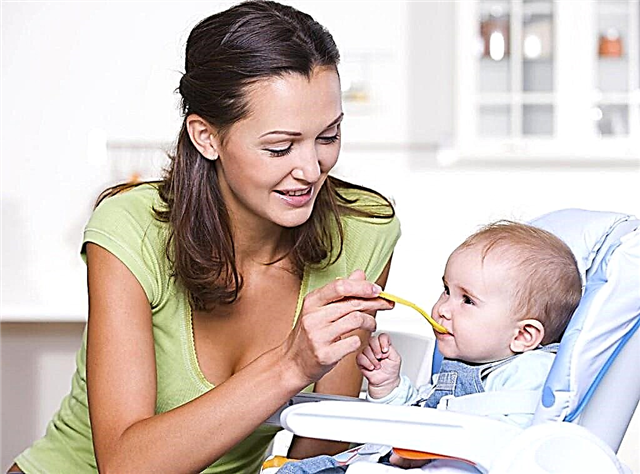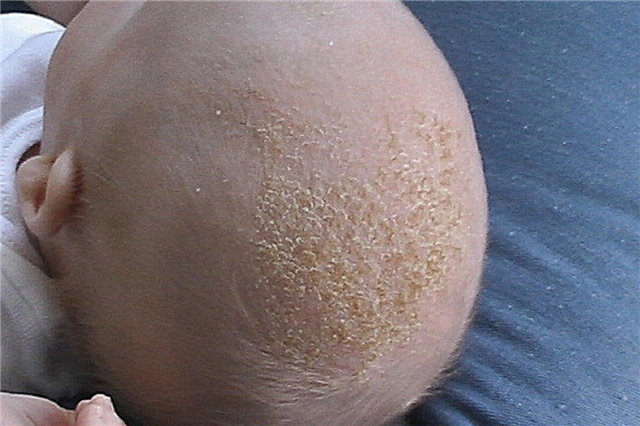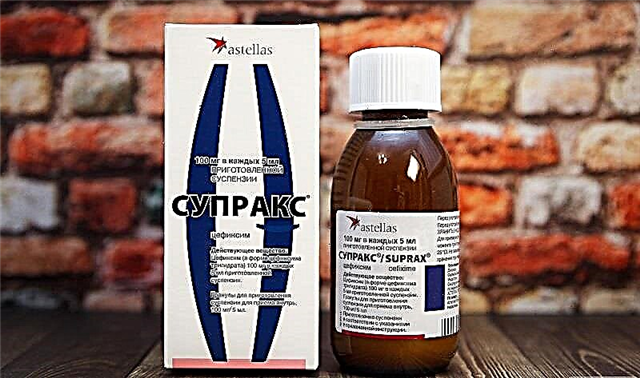
In the first years of life, the baby will have a lot of vaccinations, so parents should figure out what vaccinations they will be offered, why to introduce the vaccine so early and how to prepare for the vaccination. Let's look at a vaccination schedule for babies from birth to three years of age.
Why get vaccinated at such an early age?
The introduction of vaccines in the first years of life helps babies to form immunity against dangerous infections as early as possible. Infectious diseases are especially dangerous for the youngest children. For example, infection with tuberculosis in the first year of life is often complicated by meningitis, which can result in death.
If the hepatitis B virus enters the body of a crumbs at an early age, the child will remain its carrier until the end of his life, and his liver will be threatened by such serious pathologies as cirrhosis or cancer. Whooping cough is very dangerous for babies under one year old, as it can cause suffocation and damage the brain. No less dangerous are hemophilic and pneumococcal infections, which cause difficult to treat and often fatal lesions of the lungs, ear, meninges, heart and other organs of the baby.

Many parents doubt whether to start vaccinations so early, because they are sure that infants under 3 years old practically do not encounter pathogens of such dangerous diseases. They are wrong, because there is always a risk of infection, since many people are asymptomatic carriers. In addition, having started vaccination before a year, by the time the child is actively exploring everything around and communicating with other people, he will already be protected from such unsafe infections.
Table
In addition to vaccinations from 12 months, children also begin to undergo the Mantoux test every year, checking their immunity to tuberculosis.
Short description
- On the first day after the birth of a child, they are vaccinated against hepatitis B, since there is a high risk of contracting such an infection from the mother or during medical procedures. The injection is performed in the first 12 hours of life. Vaccination against hepatitis is carried out up to a year 3 times - the second vaccination is given a month, and the third in six months. If the baby is attributed to the risk group, there will be four vaccinations - the third vaccination is transferred to 2 months of age, and the fourth is performed a year. Babies not vaccinated under one year old can be vaccinated against hepatitis B at any time using the 0-1-6 scheme.
- Also in the maternity hospital, the child receives another vaccination against tuberculosis. Babies are injected with BCG vaccination or its lighter version (BCG-M).
- At 2 months of age, the pneumococcal vaccination cycle begins. The first vaccination is carried out at 2-3 months, the second - in a month and a half (usually at 4.5 months). At 1 year 3 months, revaccination is performed to maintain protection against pneumococci.
- Several vaccines are awaiting three-month-old babies at once, among which one of the most important, but also the most often causing adverse reactions, is DTP. This vaccine will be good protection against tetanus, pertussis and diphtheria. The vaccine is given at intervals of 30-45 days three times - usually at 3, 4.5 and 6 months.
- At the same time, according to indications (if there are increased risks), they are vaccinated against Haemophilus influenzae. The vaccine is also given three times at the same age as DPT. There are combination drugs that allow you to give only 1 injection, and if there are several vaccines, they are injected into different parts of the body. At 18 months, DPT and the vaccine against hemophilic infection are administered again (the first revaccination is performed). If the child has not been vaccinated against haemophilus influenza before 6 months, the vaccination is performed twice at the age of 6 months to a year with an interval of a month, and the revaccination is carried out according to the plan at 1.5 years. If a child has not been vaccinated against such an infection before 1 year, vaccination is carried out only once at the age of 1-5 years.
- The polio vaccine is started at the same time as DPT. The first two vaccinations at 3 months and at 4 and a half months are carried out using an inactivated vaccine (an injection is performed), and for the third vaccination at 6 months in healthy children, a live vaccine is used (droplets are given). Revaccination against this infection in the second year of life is carried out twice - at 1.5 years and at 20 months.
- A one-year-old child is vaccinated against measles, mumps and rubella. One comprehensive vaccine provides protection against all these infections. If for some reason the vaccination did not take place, the rubella and measles vaccination can be performed with separate drugs for children after a year at any time.
- From 6 months of age, they begin to vaccinate against influenza. The vaccine is given annually some time before a possible epidemic (in the fall).

Preparation for vaccination
Since only healthy babies can be admitted to vaccination, the main point of preparation should be to determine the state of health of the baby. The baby must be examined by a doctor. If we are talking about vaccinations in a maternity hospital, then they are allowed to be carried out by a neonatologist. Vaccinations at the age of 1 month to 3 years are prescribed by the local pediatrician, examining the child before each vaccination. If there are suspicions of health problems, then before the child is vaccinated, it is worth showing a neurologist or immunologist.
It is also recommended to donate the baby's blood and urine for analysis. If the baby is at increased risk of an allergic reaction, an antihistamine can be given a few days before vaccination, and continued for two days after the injection.
Tips
- Parents should buy antipyretic drugs in advance, as one of the most common side effects of vaccinations is fever. There is no need to wait for high numbers, you can give the medicine even at temperatures above 37.3 degrees.
- Take a toy to the clinic for the baby, which will help distract the baby a little from the unpleasant and uncomfortable sensations of vaccination.
- Do not change your child's diet several days before and after the vaccination. This is not the best time to start new foods and start feeding.



